Description
Osip Mandelstam’s is one of the dozen luminous names in Russian poetry. Mandelstam (1891–1938) began as one of the more original poets of the Russian avant-garde before the First World War, but his extraordinary growth as a poet over the next quarter-century set him a great distance apart from almost all of his contemporaries. By the 1930s he was writing the most memorable poems in the language. This collection includes translations of 50 poems by Mandelstam, mostly from the 1930s, along with an extended commentary on the poems and on Mandelstam’s poetics.
In English, Mandelstam has long been better appreciated for his biography than for his poetry. This is unfortunate: to his Russian admirers, the value of Mandelstam’s poetry owes nothing to whatever might be the value of his biography. These translations and the afterword that accompanies them attempt to remedy that prevailing misvaluation.
The translations were guided by the belief that the most important thing about a poem is neither its meaning nor its sound, but whatever in it makes its readers memorize it. Accordingly, they aim to capture some of the re-readability of the originals, with the hope of making English-language versions of Mandelstam’s poems that at least point to that which invites memorization in his work, and which in the best cases may be memory-worthy in their own right.


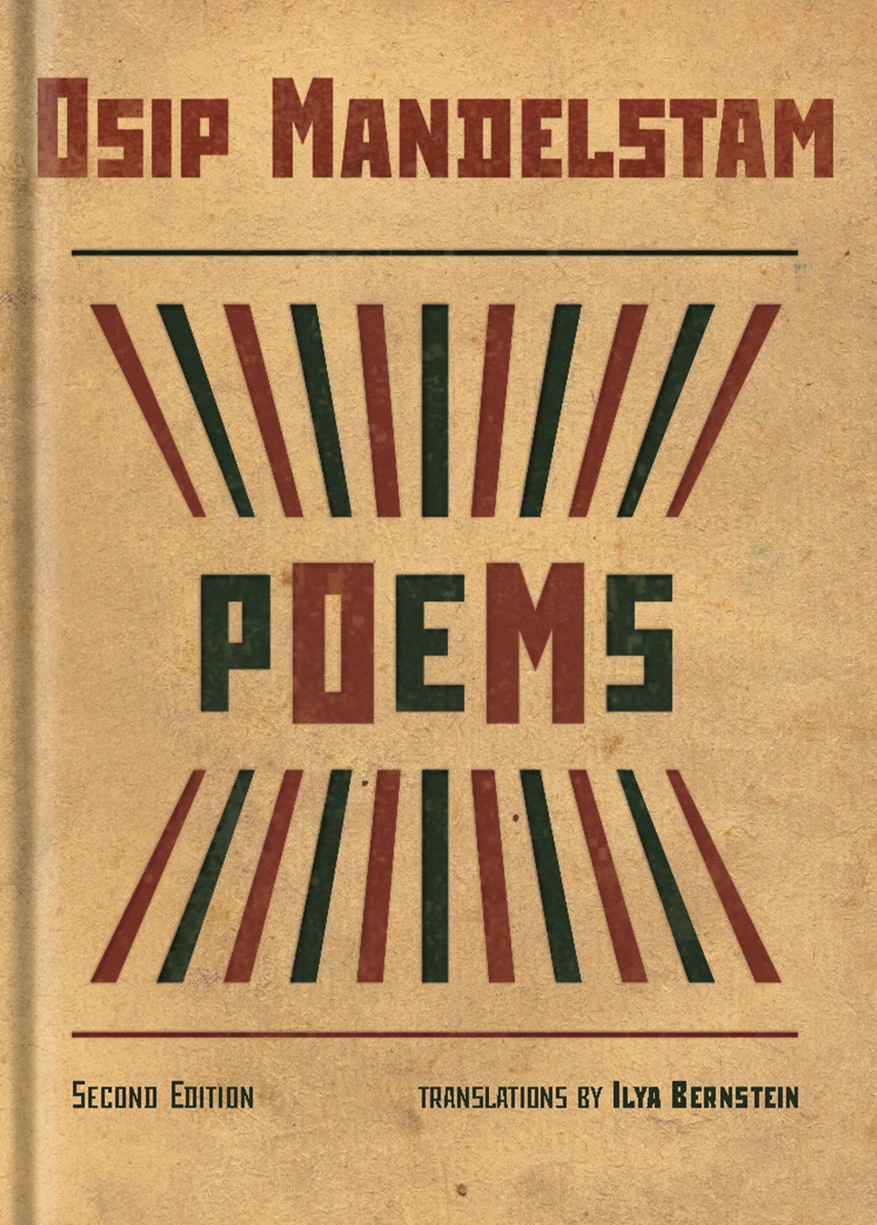
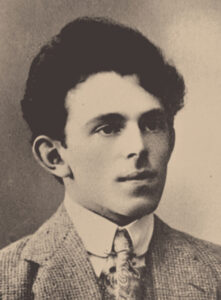 Osip Mandelstam (1891–1938) was a Russian poet and essayist who lived in Russia during and after its revolution and the rise of the Soviet Union. He was one of the foremost members of the Acmeist school of poets. He was arrested by Joseph Stalin’s government during the repression of the 1930s and sent into internal exile with his wife Nadezhda. Given a reprieve of sorts, they moved to Voronezh in southwestern Russia. In 1938 Mandelstam was arrested again and sentenced to a camp in Siberia. He died that year at a transit camp…
Osip Mandelstam (1891–1938) was a Russian poet and essayist who lived in Russia during and after its revolution and the rise of the Soviet Union. He was one of the foremost members of the Acmeist school of poets. He was arrested by Joseph Stalin’s government during the repression of the 1930s and sent into internal exile with his wife Nadezhda. Given a reprieve of sorts, they moved to Voronezh in southwestern Russia. In 1938 Mandelstam was arrested again and sentenced to a camp in Siberia. He died that year at a transit camp…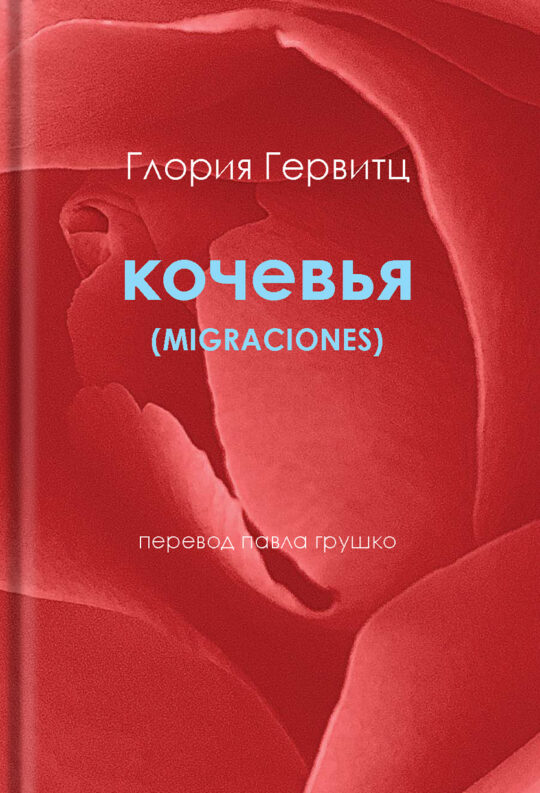
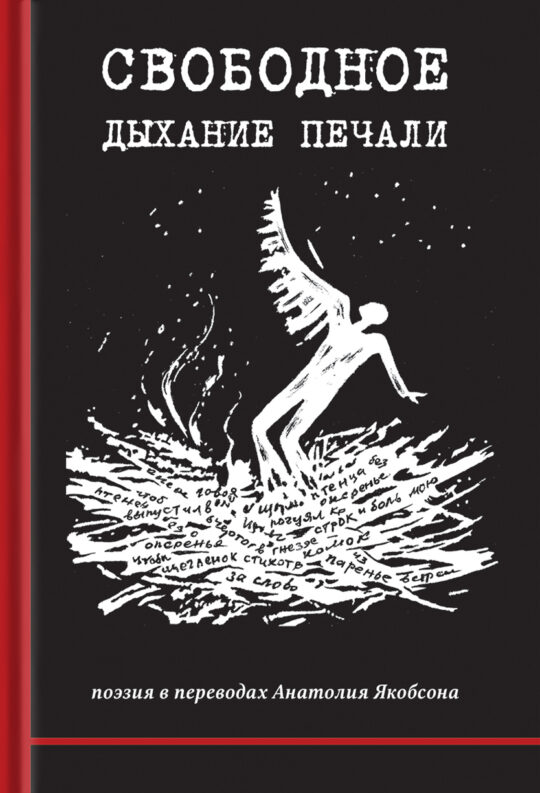
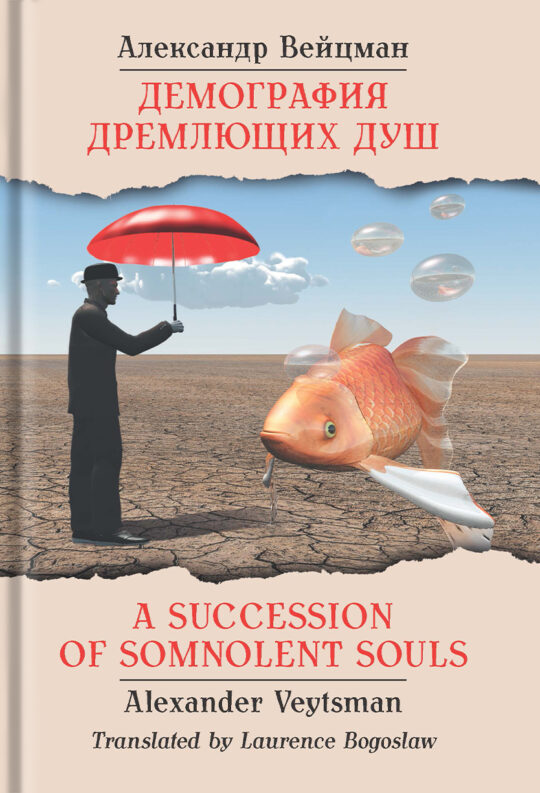
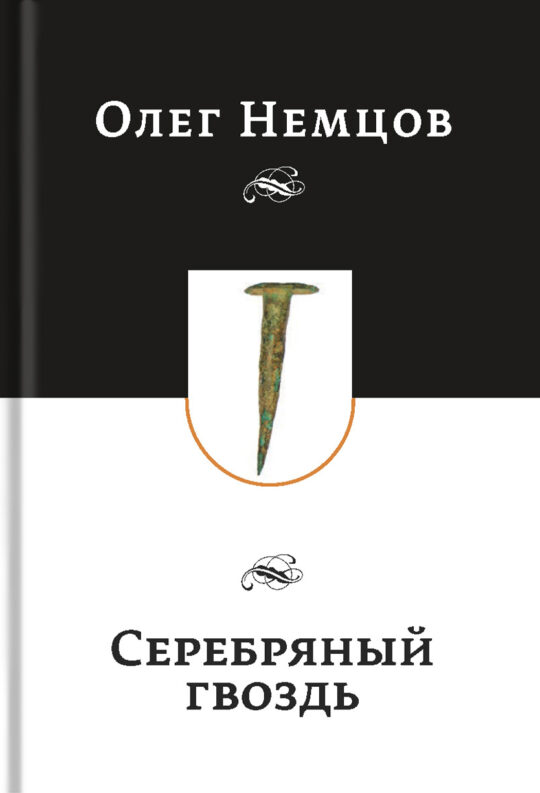
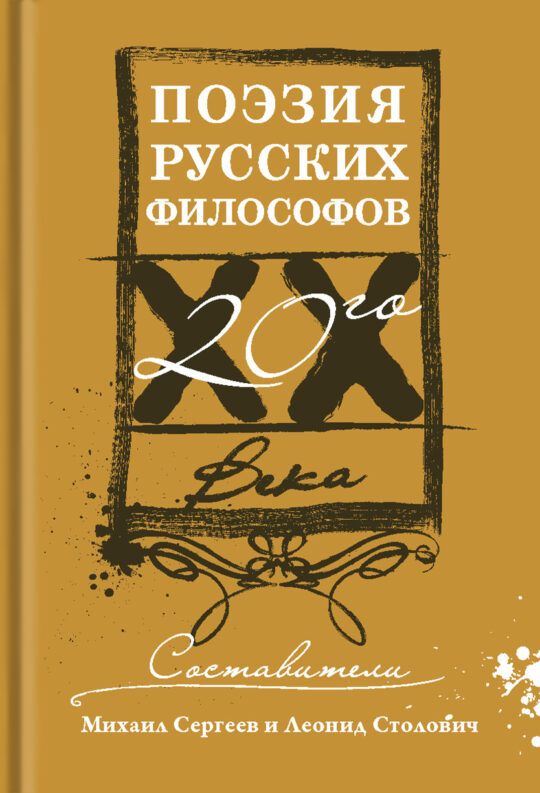
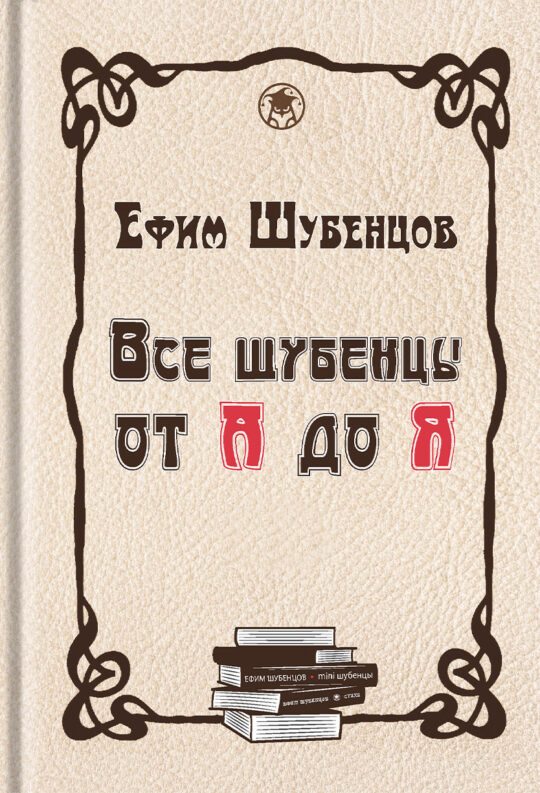
M_Graphics
This is a wonderful compilation of Mandelstam poems rendered with great precision and feel for the original. There has not been a decent translation of often difficult poetry of Mandelstam, especially the poems from his late period such as Voronezh Notebook cycle. Ilya Bernstein surpasses all of the expectations. Amazing job.
— Buyer from Amazon.com
Bernstein’s Poems focuses on the work of these later years, leaving out Mandelstam’s first two collections, Stone (1913) and Tristia (1922). The book borrows its cover art from Stone’s 1923 third edition, and takes its title from a 1928 retrospective that turned out to be Mandelstam’s last published book of poetry. Bernstein’s selection is bookended by death: it opens with a poem written in response to the shooting of Mandelstam’s fellow poet Nikolay Gumilyov in 1921 and closes with a sepulchral meditation from 1937, in which he imagines himself speaking from the grave. This span can be considered Mandelstam’s mature period, when his poetics of reinvention shifted from a historical and mythological focus toward the present day, with the labor of poetry becoming a tireless coming to terms with the nauseous world in which the poet found himself.
— Leeore Schnairsohn, Los Angeles Review of Books